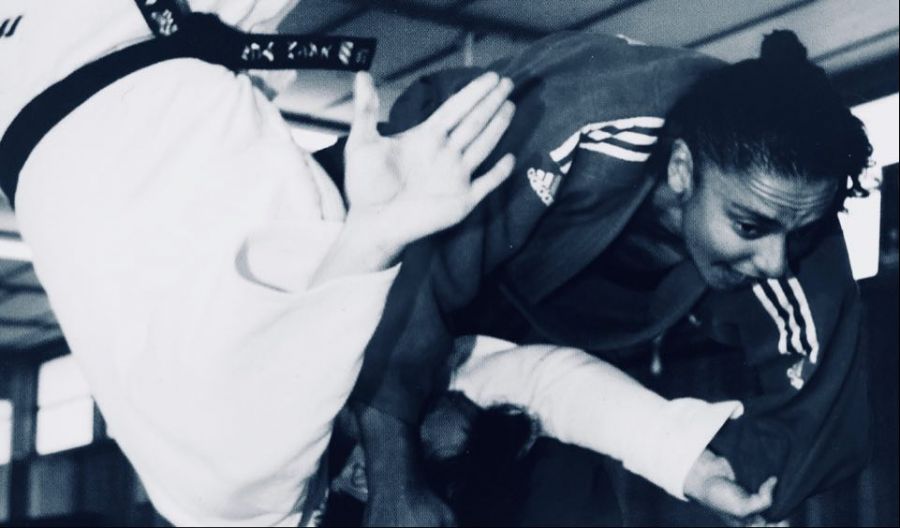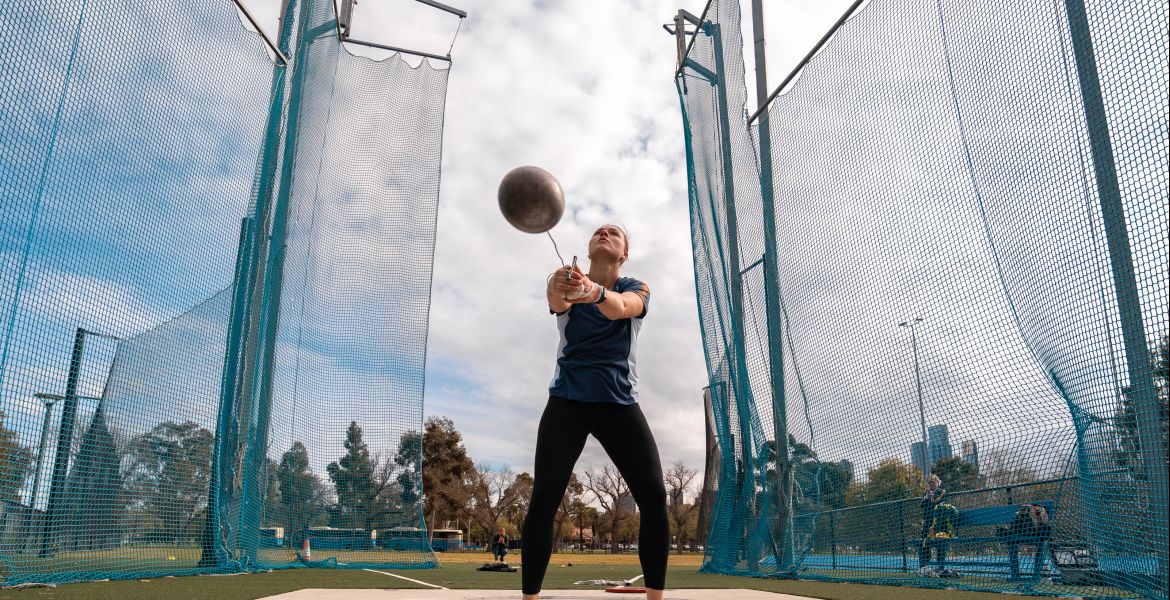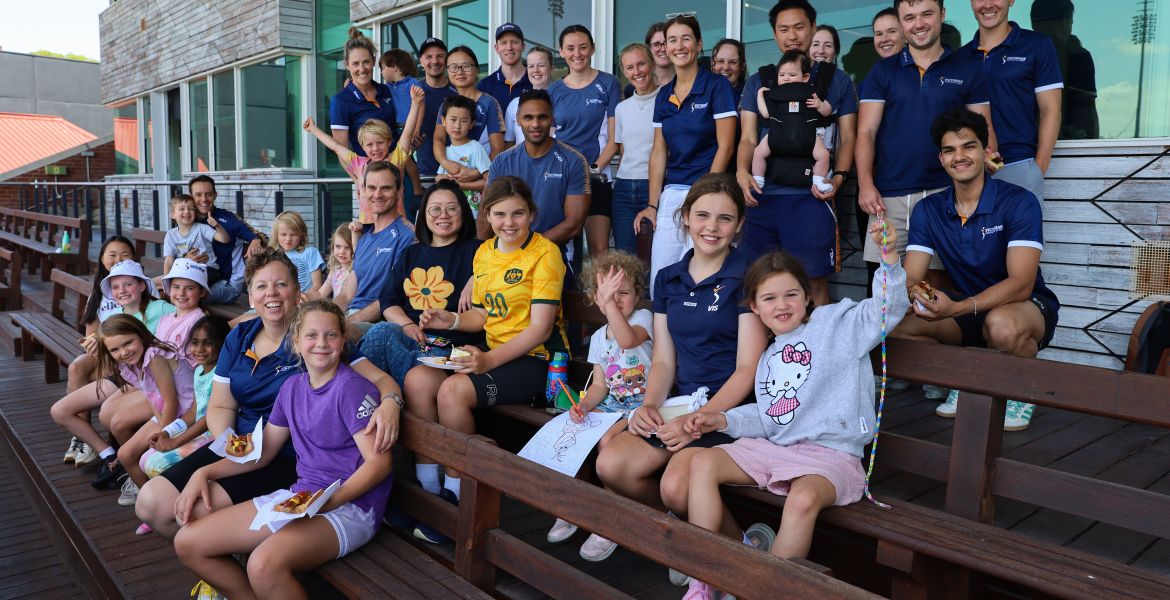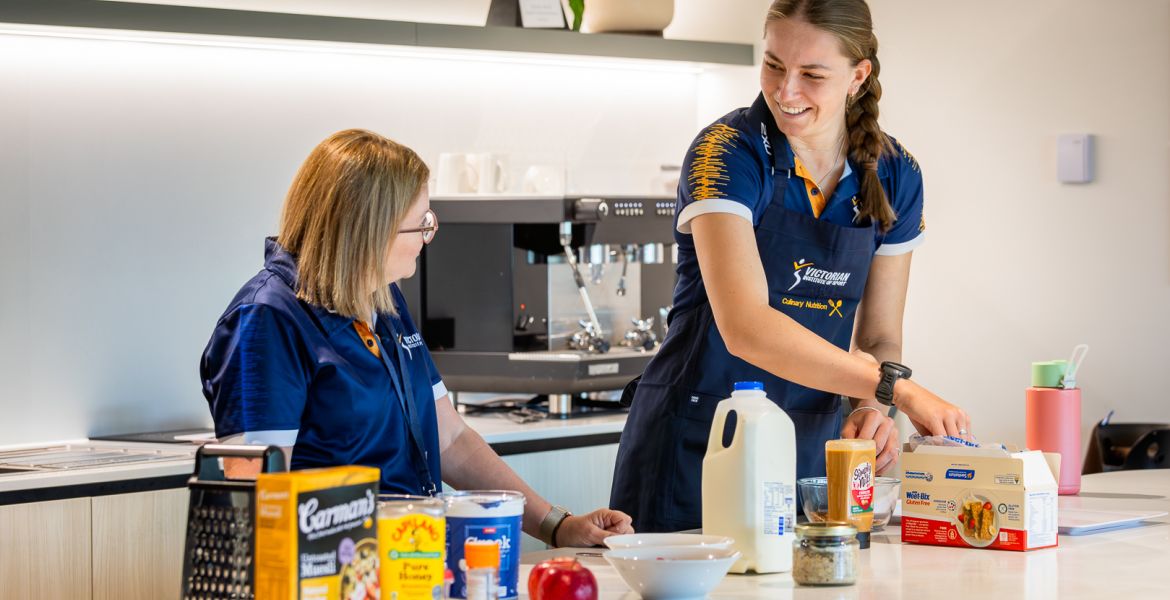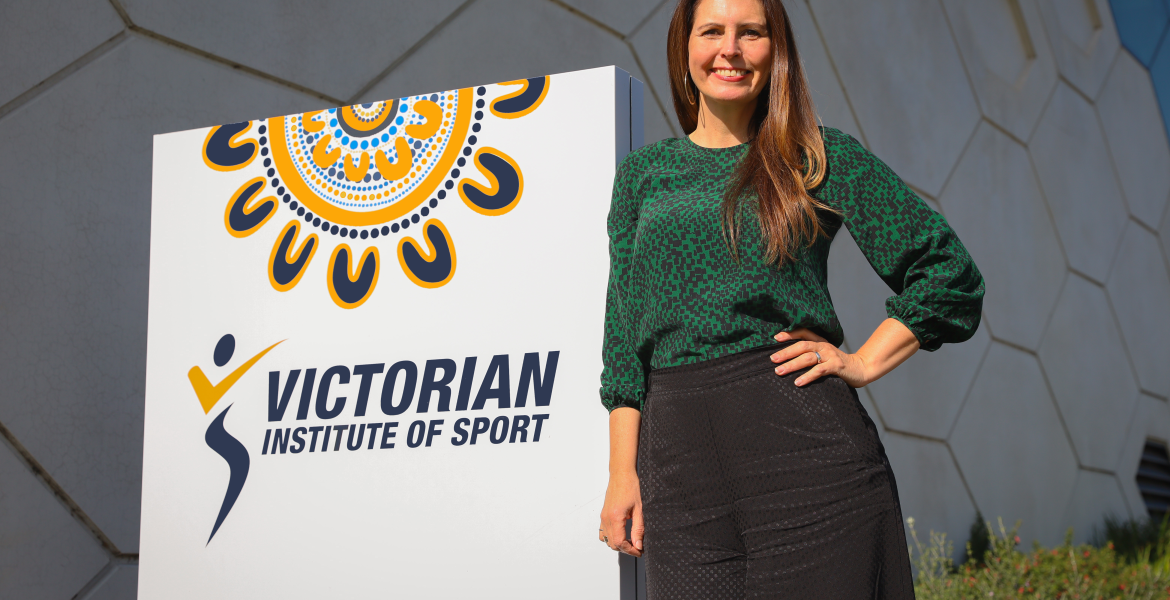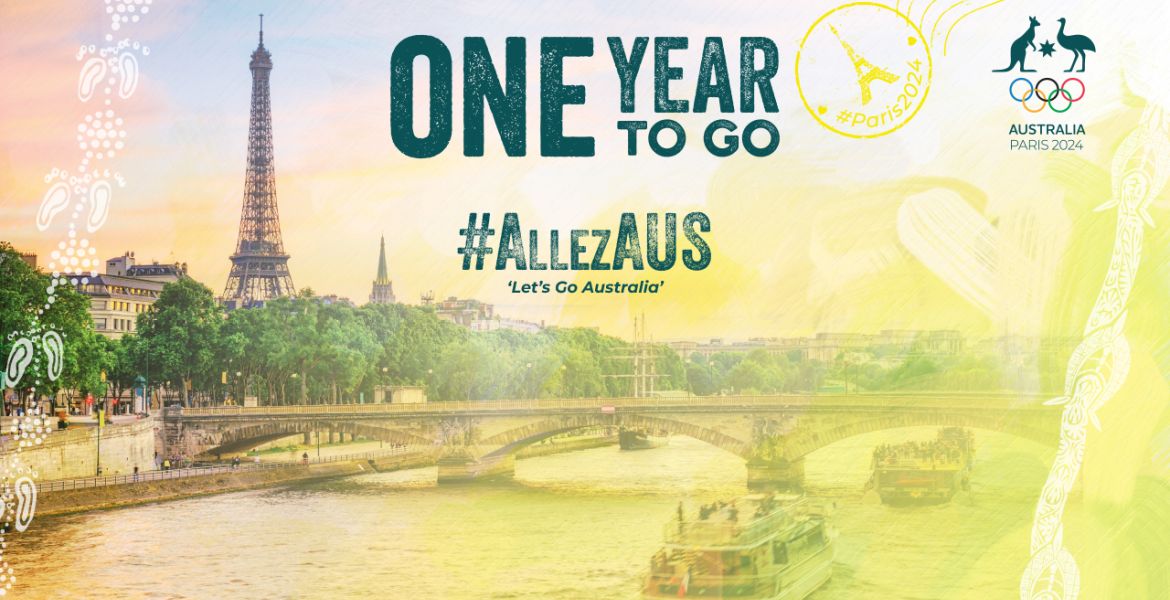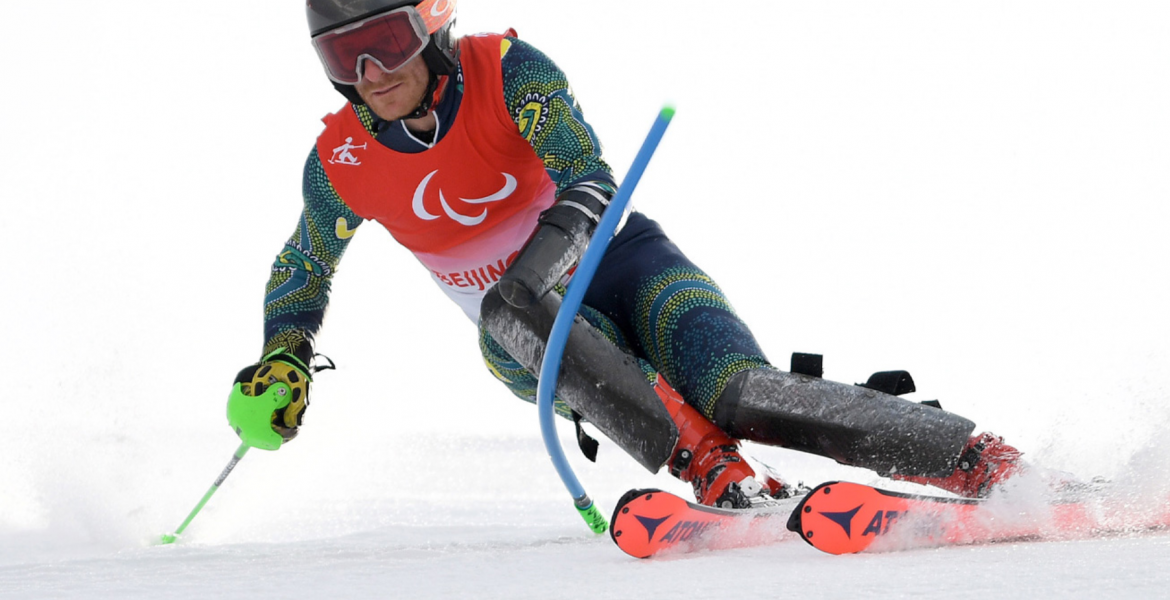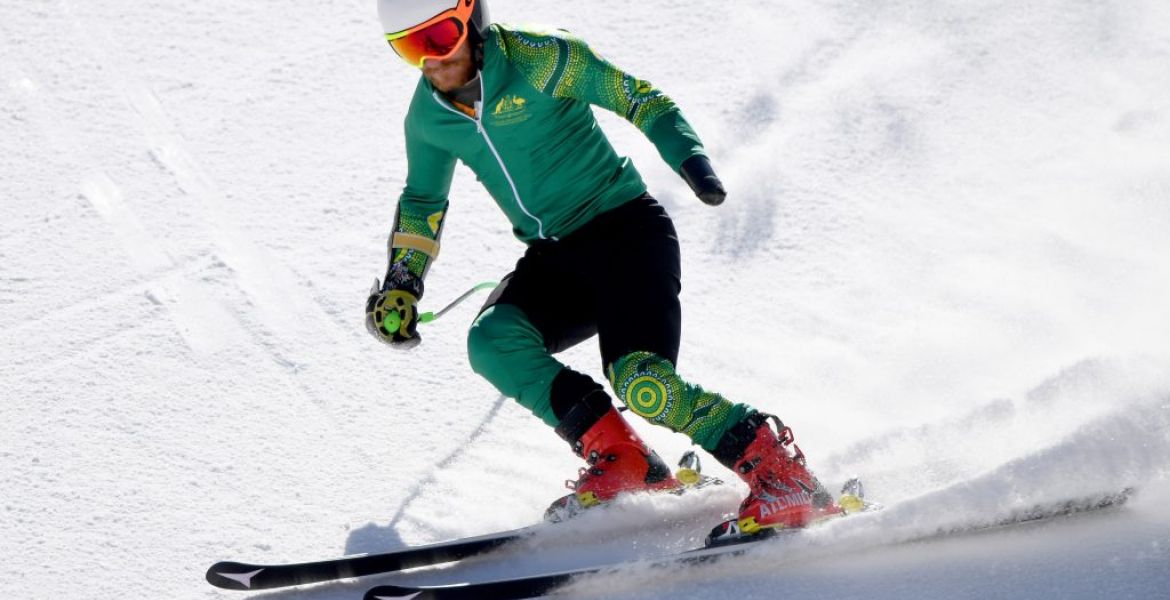How did your involvement with judo begin?
I began swimming at an early age due to the severity of my asthma. A judo club opened up at the swimming centre and I began lessons with my brothers - I was eight years old and I loved it.
What's the best thing about judo?
The discipline, flow of movement, ancient history and eastern traditions that make up judo. Judo means "the gentle way", as it uses your opponents' momentum and strengths and turns them into weakness. I love throwing people through the air and executing the perfect technique. I like how judo allows you to be creative, and how you can individually adapt techniques. The mental aspects of combat sport are very challenging - they allow you to journey through many emotions and conquer fear and anxiety. Many of the disciplines I have learnt in judo transfer seamlessly into my every day life.
You have also spent time in the VIS cycling program. What brought you back to Judo after a stint in elite cycling?
I loved cycling, I still love it. I returned to judo in 2003 when I realised I wasn't going to beat Anna Meares (who went on to win two Olympic medals at Athens) and I was never going to get to Athens as a cyclist. I hadn't finished my Olympic journey and the only way I was going to get back there was to go back to judo. It was a surreal transition and one that I don't regret.
What would your advice to young / aspiring Olympic athletes be?
Dream big, prepare well and train hard. You will never know how good you are unless you give it a shot and leave it all out there. And remember persistence is the key to getting what you want.
What is the hardest thing about getting to an Olympic Games?
The highs and lows.
The highs and lows are massive in sport, magnified ten fold when compared to normal life. One day you are flying - on top of the world after a big win, the next you could be injured and out for a year or you may have just been handed one of the worst defeats of your life. The hardest situations require you to rise above, to have another go, to put it all on the line again. It's like putting your hand in the fire - getting burnt - then having to face the fire again: continuously facing and overcoming adversity. It tires you, saps your energy and can start eating away at your passion. But time heals, and as the old saying goes "what doesn't kill you will make you stronger". In order to succeed, you have to find a way to push through and keep going.
What impact has the VIS had on your athlete career, and in particular, your Olympic preparation?
You could say that I have grown up at the VIS. Athletes need the support of their friends, family, coaches and advisers. I owe much of my successes - both in sport and education - to the brilliant people at the VIS. I now have a great career awaiting me when I retire and I can thank the ACE team (now known as Performance Lifestyle) for guiding me through some tough decisions. The team at the VIS has helped me bring balance to my life, supported me through injury and guided me through 13 years of training. I can categorically say that without the VIS' expertise, commitment and support, I would not have made it to the Olympics.
Aside from the competition, what's the most enjoyable part of the Olympics?
The opening ceremony. It's a magical moment when you walk out behind your country flag, and into the stadium. It's an amazing feeling to know that you're there and that you finally get to compete with the best in the world on the greatest sporting arena.
You have completed a degree in Physio and an MBA while training and working - how do you juggle all your commitments?
Time management is challenging, but for me it was never a chore as I loved every minute of it. Most athletes have to be very diligent planners of their training programs - you just need to apply the same skills to time management. Understand when you will be under pressure - exam time or Olympics qualification time - and realise that you can only focus on one thing during this time. During quieter times I was able to go from work to lectures to training by slicing up my day into chunks of time. That way, I was able to switch on and off as the task required. Having a diary also helps.
I always understood that I could have it all, just not all at the same time. I discovered that if I was passionate about doing something I would find a way.
Has sport, or achievement in sport, helped you in other areas of your life?
Absolutely, I am a much more rounded and complete individual because of the lessons I have learnt, the people I have met and effort I have made in doing my sport. It had helped me in education, career and everyday life. That's been my greatest achievement.
For you, is it about the journey of the destination?
It's all about the journey. If I have done everything right, the end result will take care of itself.
Stay up to date with our 'Remembering VIS at the Games' campaign here.

